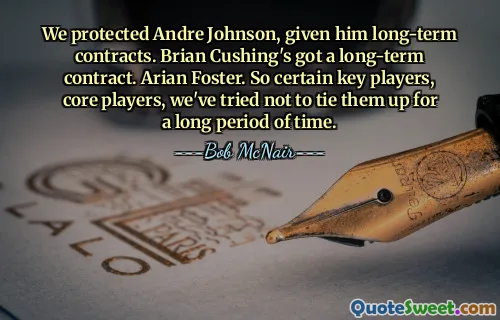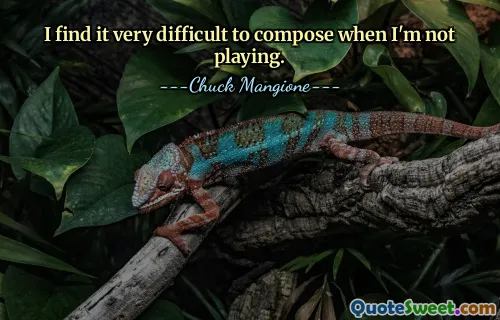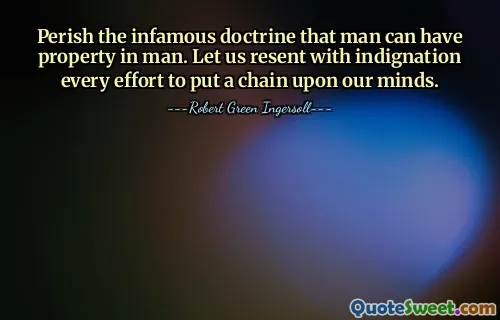When the pages are in the typewriter, I can't see his face.In that way i am choosing you over him.I don't need to see him.I don't need to know if he is looking up at me.It's not even that I trust him not to leave.I know this won't last.I'd rather be me than him.The words are coming so easily.The pages are coming easily.At the end of my dream, Eve put the apple back on the branch. The tree went back into the ground. It became a sapling, which became a seed.God brought together the land and the water, the sky and the water, the water and the water, evening and morning, something and nothing
The speaker expresses a deliberate choice in prioritizing their autonomy over a relationship with a man whose presence feels secondary. By focusing on their writing, they find comfort and strength in the act of creation, indicating a deep-seated independence and desire to define their own reality. The acknowledgment that this situation is temporary reveals an awareness of life's uncertainties and a preference for self-identity over attachment.
In a dream-like sequence, the imagery of Eve returning the apple symbolizes reclaiming innocence and the cyclical nature of existence. The transformation from an apple to a seed into a sapling illustrates renewal and the interconnectedness of all elements of nature, suggesting that life is a continuous process of creation and decline, reflecting a profound understanding of beginnings and endings.





